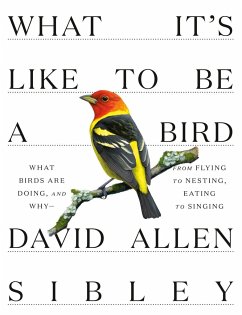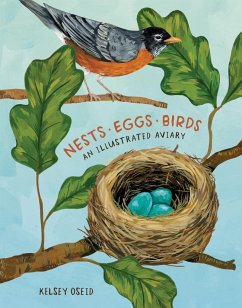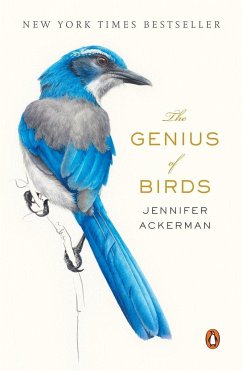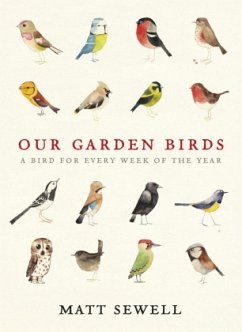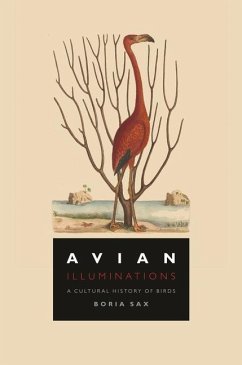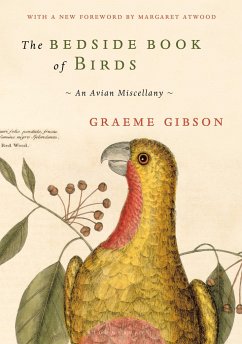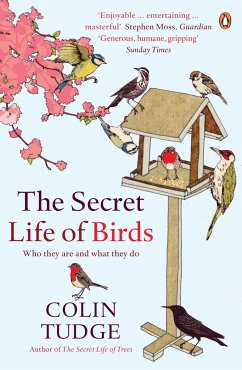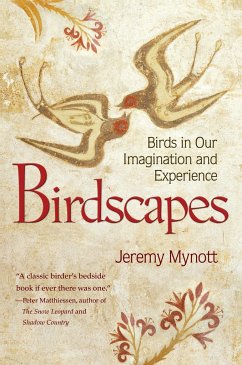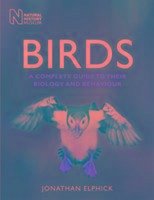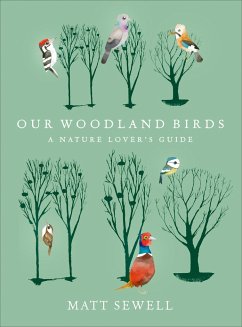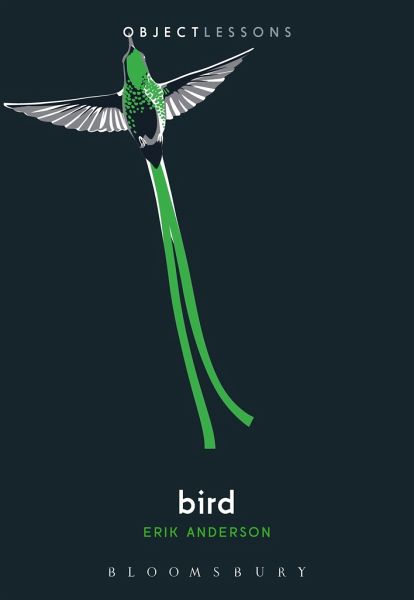
Bird
Versandkostenfrei!
Versandfertig in über 4 Wochen
12,99 €
inkl. MwSt.
Weitere Ausgaben:

PAYBACK Punkte
6 °P sammeln!
Object Lessons is a series of short, beautifully designed books about the hidden lives of ordinary things.Hope, as Emily Dickinson famously wrote, is the thing with feathers. Erik Anderson, on the other hand, regards our obsession with birds as too sentimental, too precious. Birds don't express hope. They express themselves. But this tension between the versions of nature that lodge in our minds and the realities that surround us is the central theme of Bird.This is no field guide. It's something far more unusual and idiosyncratic, balancing science with story, anatomy with metaphor, habitat w...
Object Lessons is a series of short, beautifully designed books about the hidden lives of ordinary things.
Hope, as Emily Dickinson famously wrote, is the thing with feathers. Erik Anderson, on the other hand, regards our obsession with birds as too sentimental, too precious. Birds don't express hope. They express themselves. But this tension between the versions of nature that lodge in our minds and the realities that surround us is the central theme of Bird.
This is no field guide. It's something far more unusual and idiosyncratic, balancing science with story, anatomy with metaphor, habitat with history. Anderson illuminates the dark underbelly of our bird fetish and offers a fresh, alternative vision of one of nature's most beloved objects.
Object Lessons is published in partnership with an essay series in The Atlantic.
Hope, as Emily Dickinson famously wrote, is the thing with feathers. Erik Anderson, on the other hand, regards our obsession with birds as too sentimental, too precious. Birds don't express hope. They express themselves. But this tension between the versions of nature that lodge in our minds and the realities that surround us is the central theme of Bird.
This is no field guide. It's something far more unusual and idiosyncratic, balancing science with story, anatomy with metaphor, habitat with history. Anderson illuminates the dark underbelly of our bird fetish and offers a fresh, alternative vision of one of nature's most beloved objects.
Object Lessons is published in partnership with an essay series in The Atlantic.




